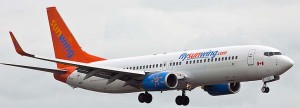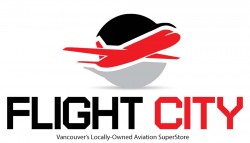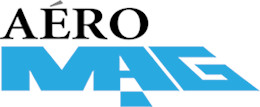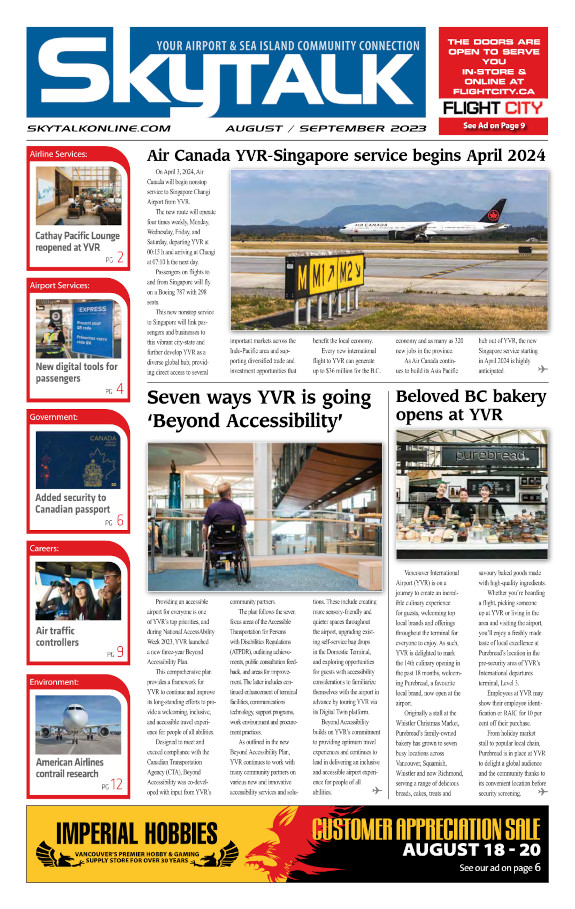
For the 2013 winter season, Sunwing has increased its fleet substantially by leasing additional aircraft on a short-term basis from Thomson Airways (United Kingdom), Travel Service Airlines (Czech Republic), Jetairfly (Belgium), and TUIfly (Germany).
The Canadian government has unveiled a new policy to promote Canadian employment and limit wet leasing in the air industry.
Wet leasing allows Canadian companies to lease not just a foreign aircraft but also its crew, maintenance and other essential elements.
Last year, two Canadian airlines used wet-leasing arrangements with foreign carriers.
While maintaining the highest safety and security standards, the new wet-leasing policy will ensure reciprocity with foreign jurisdictions, promote fairness in the air industry, and provide flexibility to meet Canadians’ seasonal demand for air services.
“Our government has listened to the views expressed by Canadians and air industry stakeholders with regard to wet leasing,” said Lisa Raitt, Minister of Transport “This new policy strikes a balance by imposing limits, while preserving some flexibility for Canadian airlines to meet travellers’ seasonal demands for air service.”
The new policy is crafted to do the following:
- maintain Canadian safety and security standards
- impose a cap of 20 per cent of a Canadian carrier’s fleet that can be wet-leased from a foreign company for periods of more than 30 days
- require reciprocity for Canadian airlines seeking opportunities in other jurisdictions
- allow some flexibility for Canadian airlines to meet Canadians’ seasonal demand for air travel and
- promote a stable and predictable operating environment for the Canadian aviation industry by providing clear limits on the use of wet-leasing.
“We are ensuring that Canadian airlines have reciprocal opportunities to wet-lease their aircraft in foreign jurisdictions and create employment for Canadians abroad,” said Minister Raitt. “Above all, we are preserving our focus on the safety and security of Canada’s air services.”
Wet leases are regulated by the Canadian Transportation Agency based on provisions found in the Canada Transportation Act and the Air Transportation Regulations. The new wet-lease policy complements these existing regulations with regards to wet-lease applications in Canada.








